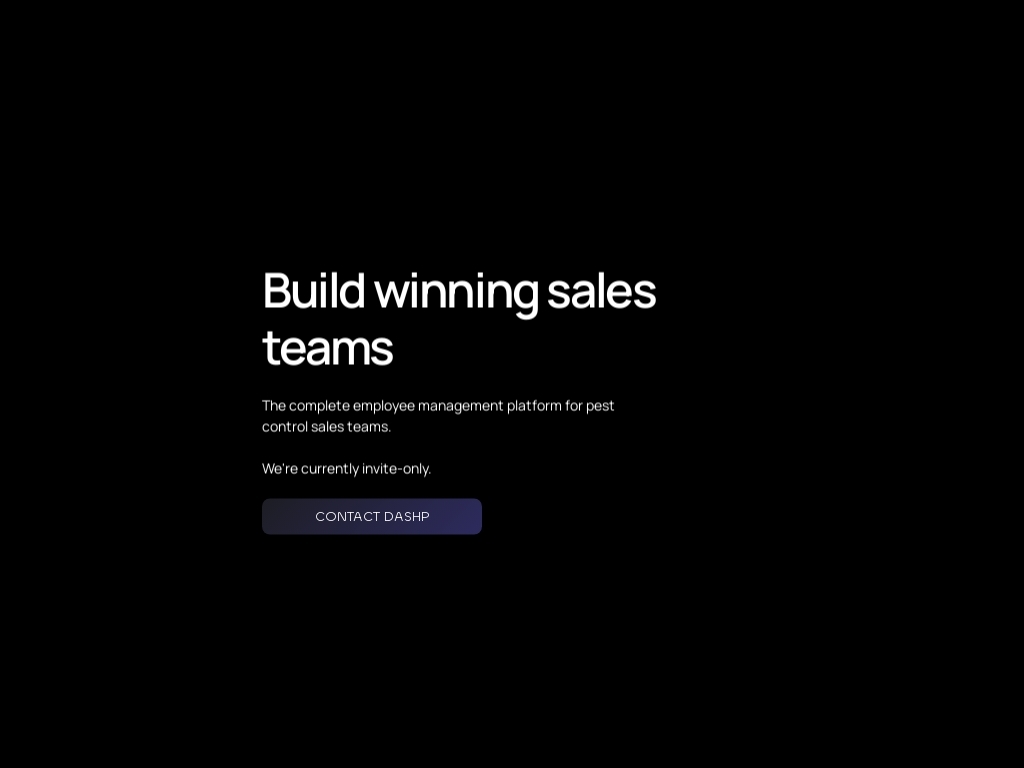I Built A $100K ARR SaaS For Pest Control Companies
Who are you and what business did you start?
Hey!! I'm Isaac and I'm a software engineer turned business owner.
DASHP, is software for sales teams in the Pest Control industry. Our core customers are typically Pest Control companies that find new customers primarily through door-to-door sales. We help teams manage commission, track performance and communicate.
I love this business because it's a peak niche product. Everything I've ever read about building for a specific customer, I've gotten to apply. Most importantly, our users love us and there's no end in what they want us to build!
We're doing just over 100k ARR (:

Founder-Market Fit
Skills
What skills did Isaac Z Tai have that led to their success?

Download the report and join our email newsletter packed with business ideas and money-making opportunities, backed by real-life case studies.

Download the report and join our email newsletter packed with business ideas and money-making opportunities, backed by real-life case studies.

Download the report and join our email newsletter packed with business ideas and money-making opportunities, backed by real-life case studies.

Download the report and join our email newsletter packed with business ideas and money-making opportunities, backed by real-life case studies.

Download the report and join our email newsletter packed with business ideas and money-making opportunities, backed by real-life case studies.

Download the report and join our email newsletter packed with business ideas and money-making opportunities, backed by real-life case studies.

Download the report and join our email newsletter packed with business ideas and money-making opportunities, backed by real-life case studies.

Download the report and join our email newsletter packed with business ideas and money-making opportunities, backed by real-life case studies.











